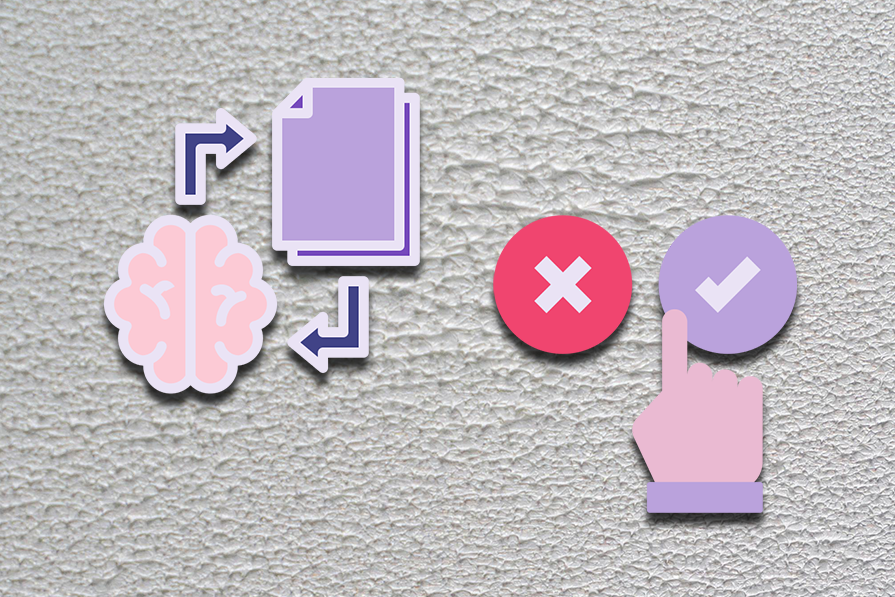
"The shift from deterministic code to probabilistic AI has created a fundamental crisis in Quality Assurance (QA), as traditional testing assumes predictable inputs and outputs."
"The most significant challenge in testing LLM-based applications is the non-deterministic output result, where a single prompt can yield dramatically different responses across runs."
"Broken AI systems can mislead users, amplify biases, and erode trust in ways that traditional bugs never could, making the stakes undeniably high."
"Traditional QA breaks down in a world of approximations and interpretations, necessitating new approaches, tools, and mindsets to ensure software reliability."
LLMs introduce a crisis in Quality Assurance (QA) due to their non-deterministic nature, breaking down traditional testing methods that rely on predictable inputs and outputs. Conventional QA assumes a stable environment, which LLMs disrupt with their unpredictable responses. This shift poses significant challenges as broken AI systems can mislead users and amplify biases, creating a higher risk than traditional bugs. It underscores the need for development teams to adopt new testing frameworks, tools, and mindsets to ensure software reliability in this evolving landscape.
Read at LogRocket Blog
Unable to calculate read time
Collection
[
|
...
]